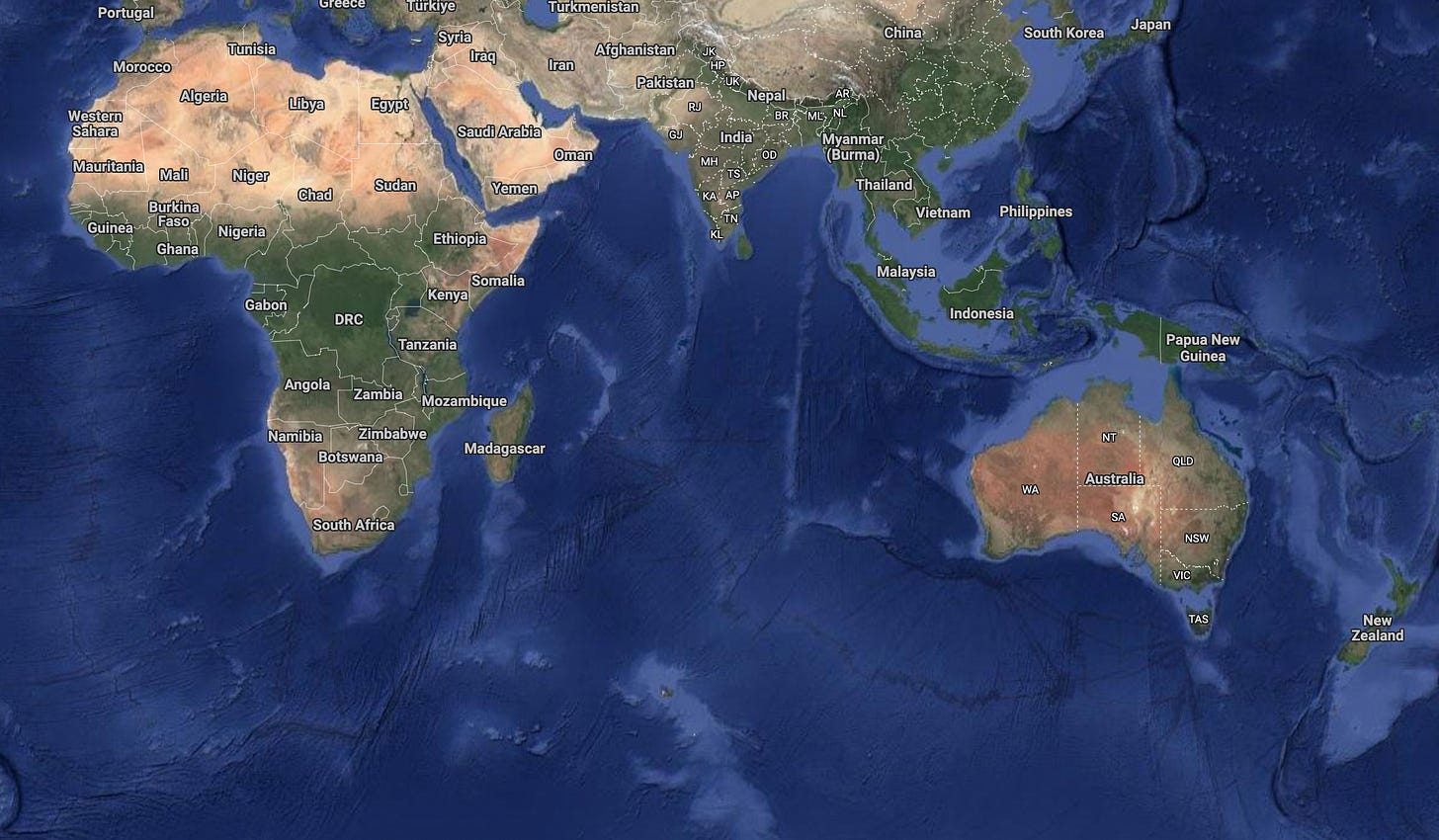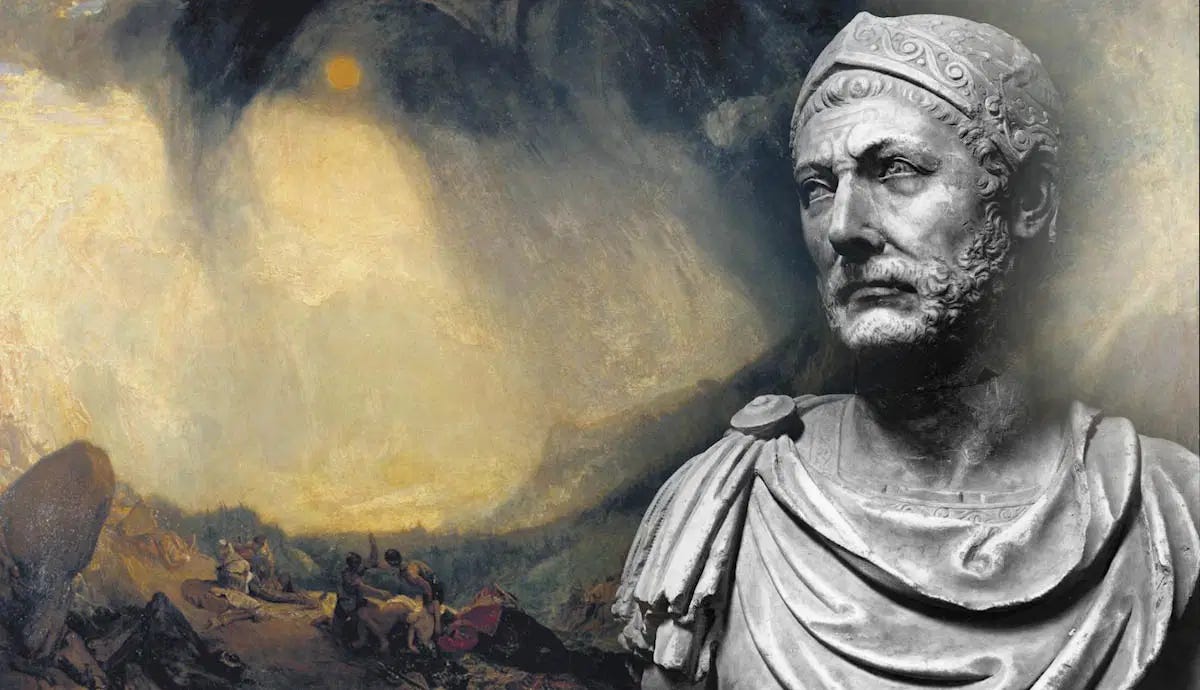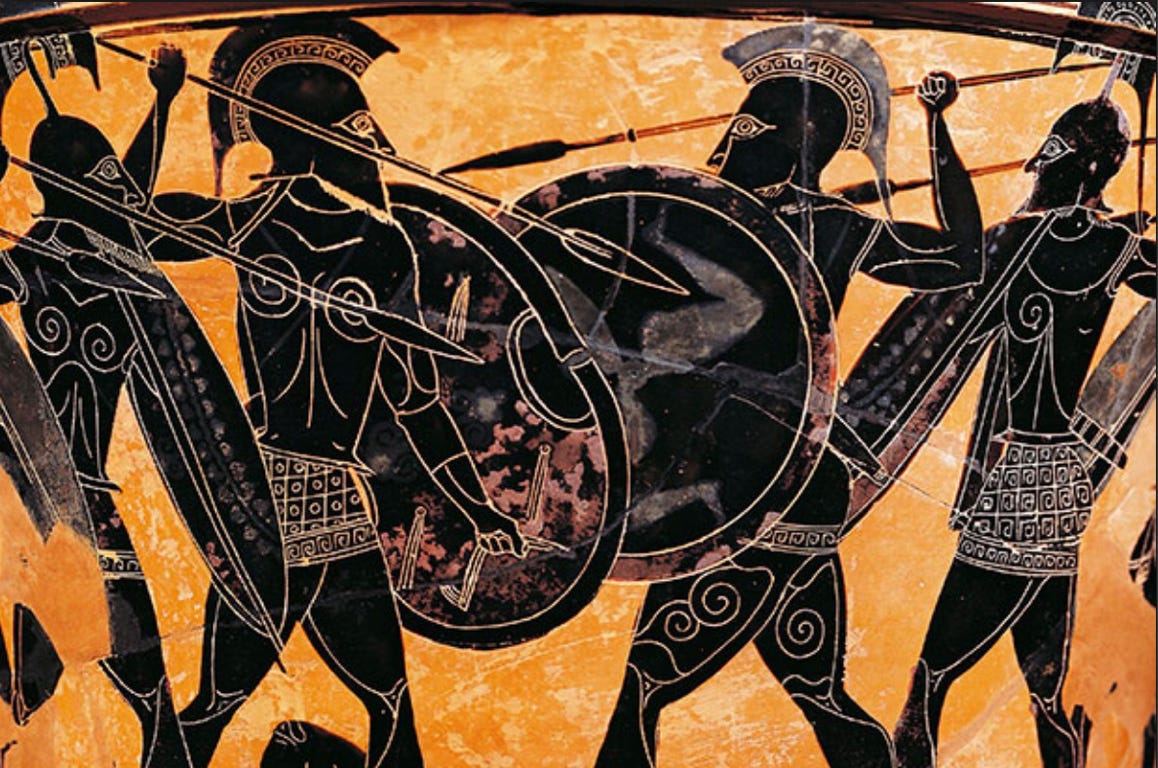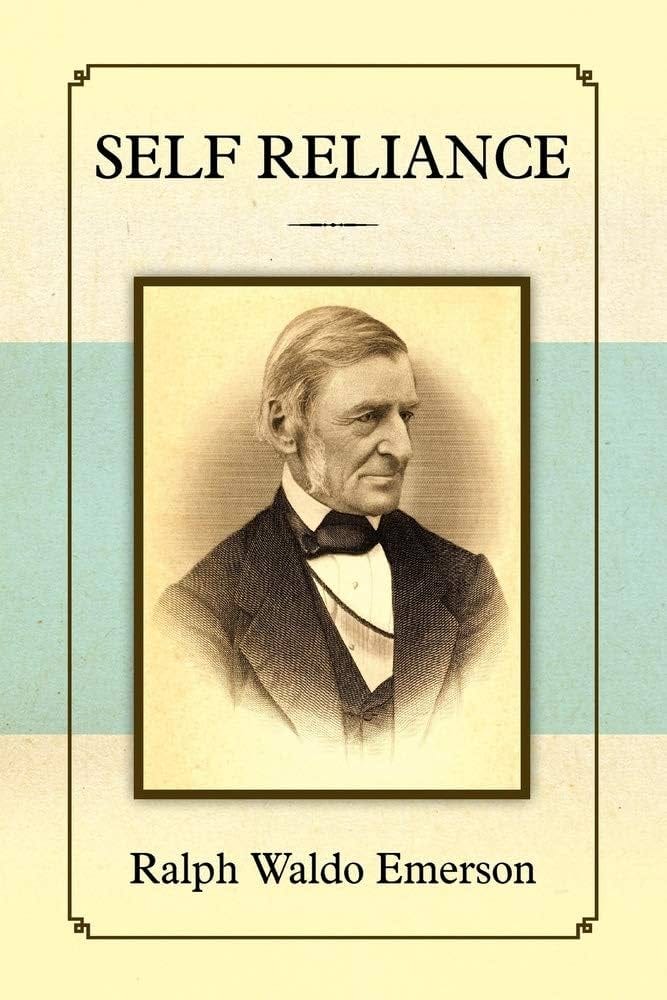Sunday, July 20th, 2025
Writing to you from Uruguay
In my last letter to you, I spoke about interviewing for the Clipper Race - a circumnavigation race created by a sailing legend, Sir Robin Knox Johnson.
Well, I was accepted into the race shortly after being interviewed. It was an exciting thing because it meant that the foundational sailing skills I acquired in February of this year would be brought to a whole other level…
The plan was to do leg 3 of the race, which starts in South Africa and ends in Western Australia.
Nearly 5,000 miles of sailing through “the roaring forties”. Not only that, but it’s a full-on race. Plus, the Cape of Good Hope off the coast of South Africa - according to some sailors - is often more treacherous than the Cape Horn.
It would have been an amazing (and difficult) experience, as well as a great opportunity to take foundational skills to the next level.
But, after looking at the contract, it’s definitely not worth it. At least not now…
The reason is that the original cost was presented as being 7,000 pounds sterling (about $9,500). This sounds like a lot, and it is, but keep in mind that this race includes 4 weeks of top-notch training. Yet, what I didn’t realize (and wasn’t mentioned prior to seeing the contract) was that each leg of the race had its own individual cost. Leg 3 of the race was another 8,000 pounds. So, with the combined cost of training, the individual leg, and travel it would have come out to about $25,000.
Frankly, not worth it at the moment.
Maybe I didn’t put enough research into all of the expenses of the race? I don’t know. Either way, that idea is set aside for the foreseeable future.
So, what’s the plan in Uruguay?
Well, there’s some good news in that any flight hours I acquire here will count toward attaining my Private Pilot’s License in the states.
While I was in Colorado I managed to get about 18 total flight hours over the span of around 2 months. With continued practice here the plan is to rack up a fair amount of flight hours (at least hitting the FAA minimum of 40) and go back to take my check ride in the states when I’m prepared.
Assuming the weather is good and there are no other issues my first flight in Uruguay will be tomorrow afternoon.
It’ll be interesting to update you on the differences in flight training between the states and Uruguay - if there are any…
Also, I found a kickboxing gym that I’m sure I could make it to at least twice a week.
So, for the next couple months I plan on being busy flying, doing academic studies, martial arts, stuff on the ranch here, and anything else that would be interesting/good to do.
Updates on The Preparation Book
This past week my father and I visited Doug Casey at his house to talk more about the book we are putting together for The Preparation.
We are right at the finish line now - very, very close.
The book looks better than it ever has and incorporates all the important topics that young men absolutely need to know. After reading through the most recent draft of the book I felt a strong sense of motivation that I haven’t felt in quite a long time.
Personally, I think that this book will be a gift - that’s right, a gift - to many young men.
Lots of good can come from it…
Academic Study
The Great Courses has an excellent course on Hannibal Barca - the Carthaginian military genius who almost conquered Rome.
I completed the course this week and highly recommend it.
Over the course of 15 lectured I took 36 pages of notes on the course. I’m not going to share everything (that would take ages) but I would like to go over a few things that I found interesting.
First off, Pyrrhus, a Greek who had risen to power and begun a war with Rome, decided to aid the Greeks in Sicily in pushing out the Carthaginians in order to claim the entire island. Doing so would have won Pyrrhus and his army a major advantage in his war against Italy.
Well, to put a long story short, Pyrrhus did not succeed over Rome, but he did leave behind a faction in Sicily called the Mamertines. This group of mercenaries went back and forth with allying themselves to Rome and Carthage. Eventually, this lead to the First Punic War breaking out.
What’s interesting here is that, in my mind, this was a similar situation as the Peloponnesian War between Athens and Sparta. At least, on a very basic level.
Before Carthage and Rome began trying to ally themselves accordingly with powers in Sicily to gain control over the island they were on peaceful terms. Previously they were trading freely with one another in the Mediterranean - just two growing powers doing their own thing. Then, upon facing an external threat to both parties (just as Athens and Sparta had faced the threat of the Persians) they fought the threat until eventually turning inward to fight each other.
Now, let me be clear, this is a very broad generalization of events and only an interesting thought that came to mind during the course…
Boots on the ground
Historians often focus on the major events, dates, facts, and names way too much. It clouds out the the nitty gritty details that make life interesting. The way we relate to history is through the details - that way we aren’t looking through the lens of history as a series of (seemingly abstract) events in a bygone world.
The details put things into perspective. They tell us how people lived, how they spoke, what they thought, what was valued…
Through that, we see that much hasn’t changed.
And sure, part of it is that there is nothing new under the sun, but part of it is that we are able to see the people and events of the past as completely human. Meaning we can’t view those people or what they did as mythical or fantastical, and it becomes much harder to dismiss those who came before us as ignorant and stupid.
Taking a general view of history as telling the whole story is like a nearsighted man trying to describe pieces in an art gallery. Sure, he can make out the colors, lines, and curves…but it isn’t until he gets closer and examines the details that he begins to see the truth.
Anyway…
The whole story of Hannibal Barca is impressive - everything from the crossing of the alps to the Battle of Cannae deep in enemy territory. He is a sort of mythic figure (as all highly impressive men are) especially as we, once again, begin to examine the details.
When studying history I believe it’s important to set all of the major events to the side and metaphorically put your boots on the ground.
Between all of the major battles in Hannibal’s life there are additional factors that make it all the more impressive. For example, his ability to lead his troops and hold their devotion through feast and famine, hot and cold, victory and defeat…and the thousands of miles the army marched.
When you put yourself in the shoes of a soldier crossing the cold alps, under the command of a young general, and entirely uncertain of your future you cannot help but be impressed.
Not to mention the incredible burden that rested on Hannibal’s shoulders to be keep a level head in any situation, continuously strategize, and always be a strong and devoted leader to his men.
How many men can hold the attention of those that follow them and guide them to lift their spirits in any condition?
Ha this is another long way of saying that this was a great course to take…
What I Read This Past Week
The Elements of Style by Strunk and White
Self-Reliance By Ralph Waldo Emerson
I’ve really been enjoying this book by Emerson so far. One of the passages goes great with The Preparation:
“If our young men miscarry in their first enterprises, they lose all heart. If the young merchant fails, men say he is ruined. If the finest genius studies at one of our colleges, and is not installed in an office within one year afterwards in the cities or suburbs of Boston or New York, it seems to his friends and to himself that he is right in being disheartened and in complaining the rest of his life. A sturdy young lad from New Hampshire or Vermont, who in turn tries all the professions, who teams it, farms it, peddles, keeps a school, preaches, edits a newspaper, goes to Congress, buys a township, and so forth, in successive years, and always like a cat, falls on his feet, is worth a hundred of these city dolls. He walks abreast with his days, and feels no shame in not “studying a profession,” for he does not postpone his life, but lives already. He has not one chance, but a hundred chances.”
Are these updates informative? Are they useful? Entertaining?
Leave a comment below if you’ve got any suggestions or questions for me.
And don’t forget to send this to someone who might benefit.
I’ll speak to you next week.
-Maxim Benjamin Smith
I am acting as a guinea pig for a program which is meant to prepare young men for the future. This program is designed to be a replacement for the only three routes advertised to young men today - go to college, the military, or a dead-end job.
All of these typical routes of life are designed to shape us into cogs for a wheel that doesn’t serve us. Wasted time, debt, lack of skills, and a soul crushing job define many who follow the traditional route.
This program, which we can call “The Preparation”, is meant to guide young men on a path where they properly utilize their time to gain skills, build relationships, and reach a state of being truly educated. The Preparation is meant to set young men up for success.
What appeals to me about The Preparation is the idea of the type of man I could be. The path to becoming a skilled, dangerous, and competent man is much more clear now. I’ve always been impressed by characters like The Count of Monte Cristo, men who accumulated knowledge and skills over a long period of time and eventually became incredibly capable men.
Young men today do not have a guiding light. We have few mentors and no one to emulate. We have been told that there are only a few paths to success in this world. For intelligent and ambitious people - college is sold to us as the one true path. And yet that path seems completely uncertain today.
We desperately need something real to grab onto. I think this is it.
I’m putting the ideas into action. Will it work? I can’t be sure, but I’m doing my best. I’m more than 60 weeks into the program at this point. So far, so good.
You can follow me along as I follow the program. Each week, I summarize all that I did.
My objective in sharing this is three fold:
Documenting my progress holds me accountable.
I hope these updates will show other young men that there is another path we can take.
For the parents who stumble upon this log, I want to prove to you that telling your children that the conventional path - college, debt, and a job is not the foolproof path you think it is.







After wasting four to five years securing a public relations degree (by the way after learning about the father of public relations and nephew of Zigmund Freud I dispise Edward Bernays) it would have better to have started a busines while young. If unsuccessful, one could of bounced back on youth. Continue your efforts to become successful in the passions you desire. I respect highly respect your father and Doug Casey's information. Just one thing word of advise. Always, always remember the entities in Geneva Switzerland are mankind's enemy. Have a successful first flight in Uraguay!
I have a couple book suggestions for you. Although I’m quite sure you have more than enough from your father and Doug, but if you have time and you’ve not read them, I highly recommend:
1. Investment Biker, by Jim Rogers. It’s a fantastic book about his travels across the globe on a motorcycle. It’s both an adventure story and treatise on how political systems drive economic outcomes
2. Trust, by Francis Fukuyama. This book explains the relationship between culture and economic outcomes.
Together they explain everything you need to know about the subject If I were to teach an economic development course these would be required reading.
Good luck with the rest of your preparation